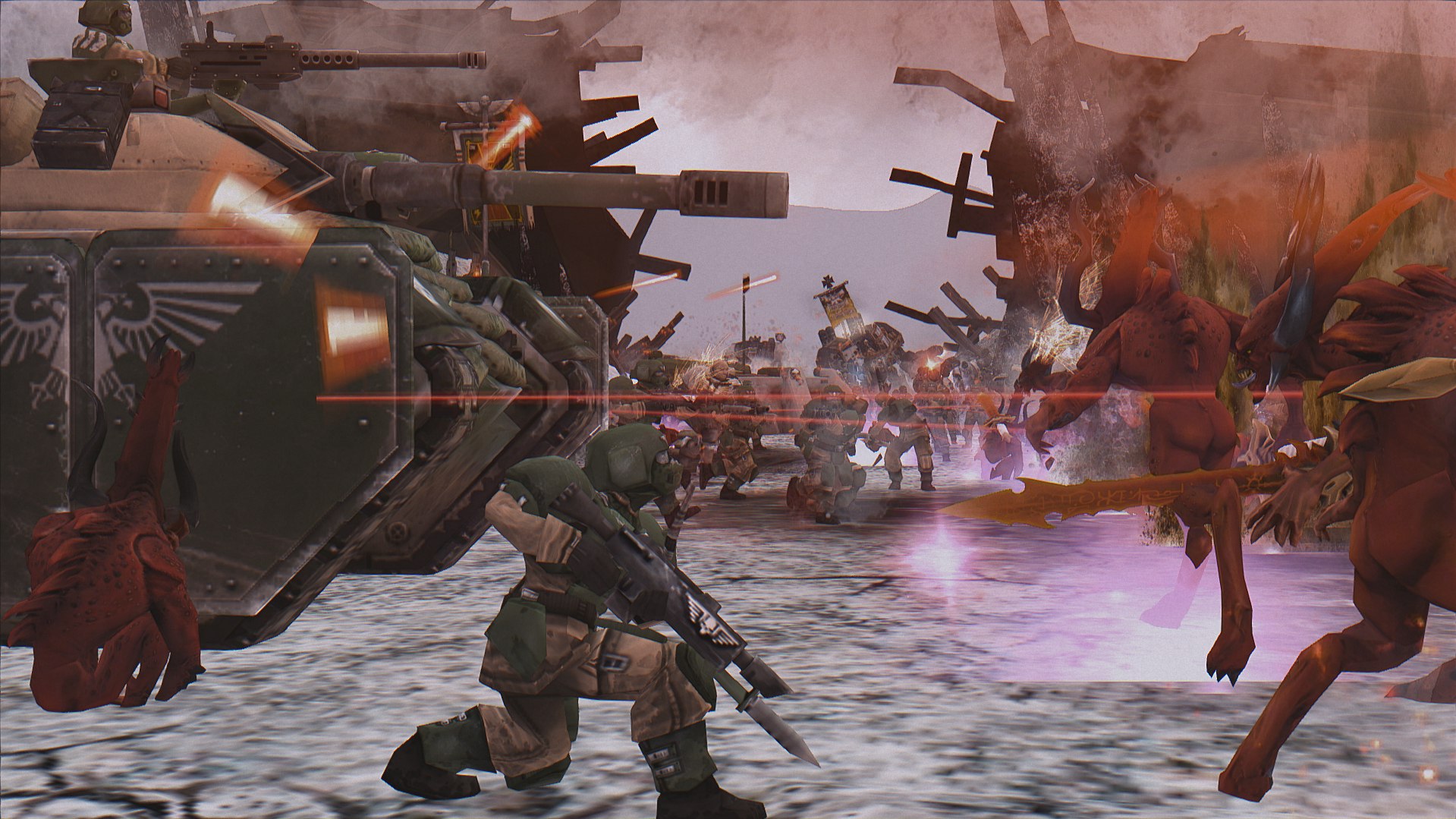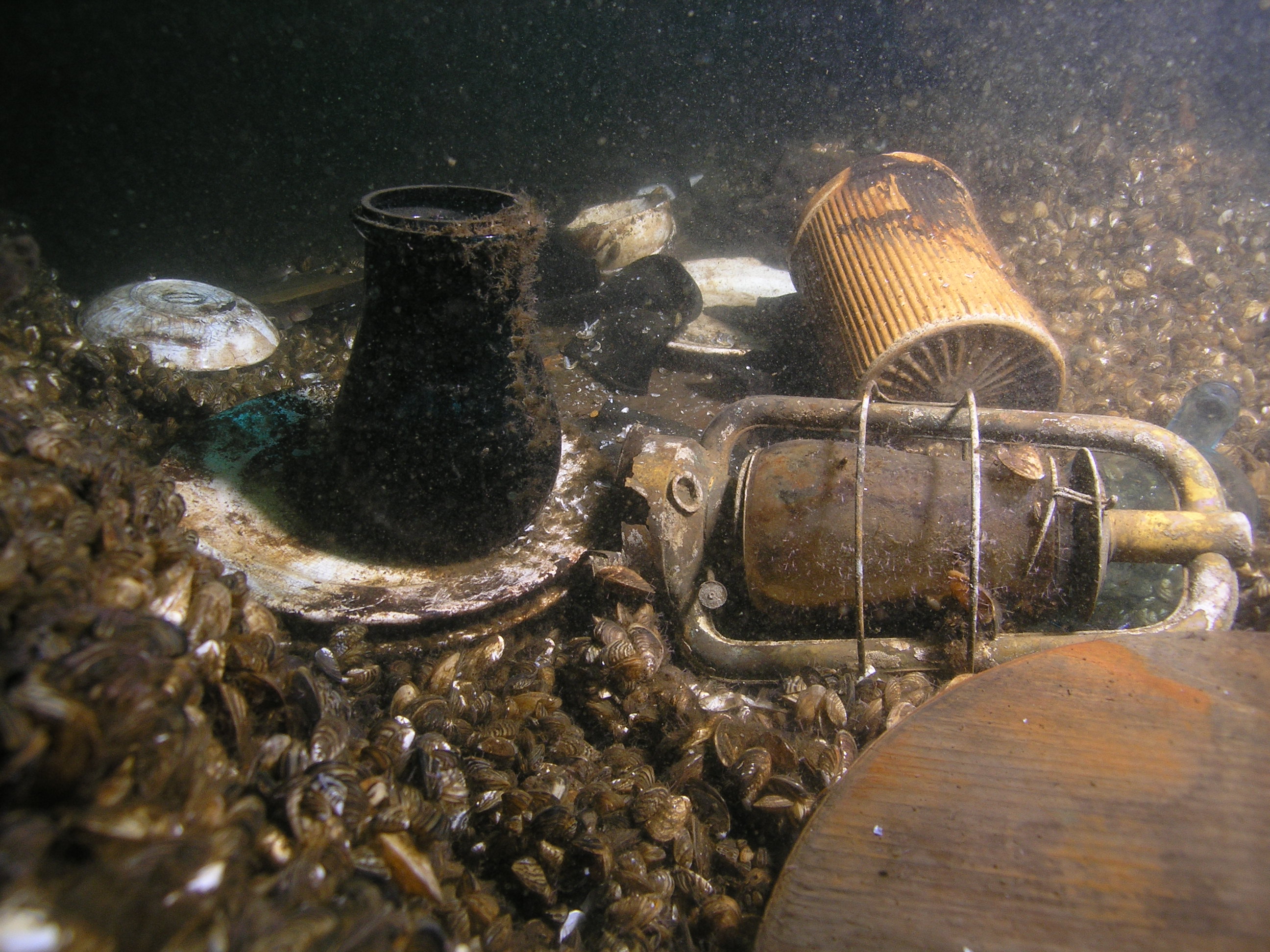

I knew I was in the presence of a masterful rendering of the particular horrors of this particular war," says Little, Brown Publisher Michael Pietsch, who also edited David Foster Wallace'sĪnd later work. I have been gripped by novelists' accounts of the experience of war. Javits Convention Center, where Powers was interviewed by C-SPAN's BookTV. Was a much-hyped sensation at this year's BookExpo America, the largest trade fair for book publishers in the nation, held in June at New York City's Jacob K. "People are mostly complicated, you know? I guess the one area I was interested in being realistic is the complexity, and I hope it reflects the complexity of the experience." "People make dubious moral decisions in the heat of battle, but they can feel guilty and do something chivalrous later," he says.

In one passage, for example, Bartle watches without protest while another soldier guns down a car bearing an innocent, elderly Iraqi couple. Powers himself is not without sympathy for the enemies in his own conflict, and he's aware that readers may not always look kindly on his protagonists. … I just find that compelling and interesting." "The Gauls were the Romans' enemies, but they still portrayed them with decency and respect and recognized their humanity. "I saw it in Rome when I was in college," Powers explains. On his right forearm is the Ludovisi Gaul, a Roman statue of a Gallic solider defiantly preparing to commit suicide rather than surrender to the Romans. On his left forearm is a doodle his father-in-law drew of Powers' wife of one year, Kelly. At the Village, he wears a black T-shirt under a lightweight, blue shirt with the sleeves rolled up to his elbows, revealing tattoos on both forearms. He rides a Royal Enfield motorcycle and smokes Marlboro Lights. Resembling a young George Clooney, Powers is serious and earnest. "It feels plausible and more or less real, with some literary flourishes."

"It's not rah-rah, but it's not anti-war either," the author says of his novel. The two bear witness to the cool complexities of modern warfare amid the stifling heat of ancient desert towns where torture and horror wait like a blinding sandstorm brewing on the horizon, an act of God certain to befall any unlucky enough to stray from the armored pack. "The war tried to kill us in the spring," begins the lyrically crafted novel, weaving the tale of 21-year-old Army grunt John Bartle and his 18-year-old buddy "Murph," Pvt. The book also received a starred review in Publisher's Weekly months before its official release.Īnd a crowning moment of praise came last month, as the novel hit bookstores, when New York Times reviewer Michiko Kakutani unleashed a cascade of laurels on Powers' "philosophical parable about the loss of innocence and the uses of memory." She praised the author's "poetic pointilism" and "emotional precision" in the storytelling.

One of the magazine's 10 most-anticipated books for 2012 in late August, the magazine followed with a positive review. The literati are abuzz with praise for Powers, comparing The Yellow Birds to classics by fiction icons such as Stephen Crane and Ernest Hemingway.įamed author (and Richmond native) Tom Wolfe provided a blurb for the book, saying, "Kevin Powers has writtenįor America's Arab Wars." Earlier this year, Entertainment Weekly named More people may soon be able to speak Powers' language, however, after they read his first novel, You're able to communicate on a level you aren't with other people." Sitting in a booth at the back of Richmond's Village Cafe, talking over a background soundtrack of thumping Led Zeppelin tunes, the 32-year-old Iraq war veteran and Chesterfield County native says, "With somebody who's been there, you'll tell stories … and it's like knowing a language you both know in common. "The only thing that is like war is war, really," Kevin Powers says.


 0 kommentar(er)
0 kommentar(er)
